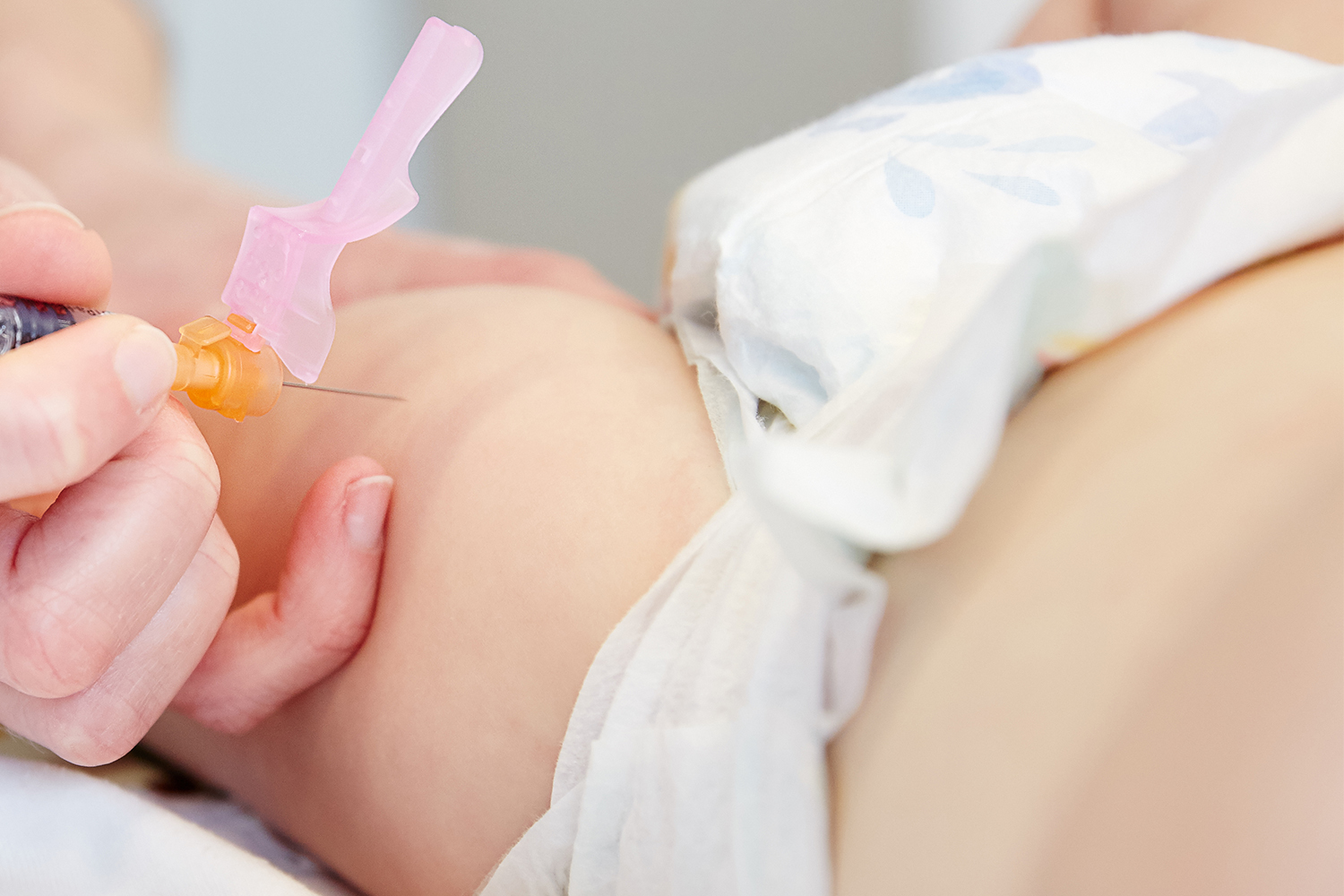Media attention and misconceptions about vaccinations

In 2016, vaccinations were hot topics in the news. In newspapers, on TV talk shows and online, advocates and opponents engaged in extensive discussions about the pros and cons of vaccination. Those discussions also led to RIVM fielding many questions.
In 2016, participation in the majority of vaccination programmes decreased by approximately 0.5% and the number of vaccinations for infants declined for the second consecutive year. That last fact in particular received considerable attention, even though, on average, 95% of all children in the Netherlands are vaccinated according to the National Immunisation Programme.
“Regional fluctuations have been observed before, but this reduction has been observed across the entire country,” said National Immunisation Programme manager Hans Van Vliet.
The media repeatedly paid attention to vaccinations. Late in the summer of 2016, a column by Pauline Bijster was published in Happinez magazine expressing her doubts about the benefits of vaccinations. A wave of criticism followed this article, after which Arjen Lubach featured it in his popular satirical TV show, ‘Zondag met Lubach’, playfully debunking a significant number of myths about vaccinations (for example the idea that there is mercury in vaccines or that autism is a side effect of vaccinations).
E-learning
In spite of all the attention, or maybe even because of it, the number of questions by parents about vaccinations and vaccination programmes has been increasing. That is why RIVM has been developing an e-learning module for healthcare professionals such as paediatricians and nurses which will aid them in providing the proper background information about vaccinations to parents who may be concerned or critical.
With regard to the cervical cancer vaccination against human papillomavirus (HPV), there is considerable debate about the supposed side effects after vaccination. Van Vliet: “The link between the HPV vaccination and chronic fatigue has been internationally researched, and no connection has been found. For that matter, participation in HPV vaccination against cervical cancer has remained the same this past year at 61%.”
Expansion of the National Immunisation Programme
The expansion of the National Immunisation Programme was also discussed in 2016. The Health Council of the Netherlands had recommended expanding the programme to include a vaccination against maternal whooping cough. Pregnant women are vaccinated for this disease in the third trimester of their pregnancy, giving the infant protection from the disease from birth and protecting the mother. In 2017, looked into the options for expanding the whooping cough vaccination for pregnant women in the National Immunisation Programme.
Finally, the discussion was raised again as to whether day care centres have the right to refuse non-vaccinated children. “The most cited argument was that young children who are still-unvaccinated could contract a disease like measles through contact with older, intentionally unvaccinated children,” says Van Vliet. According to RIVM, the number of children contracting a disease from the National Immunisation Programme would only be slightly reduced if vaccinations became mandatory in day care centres. The Ministry has received recommendations on this subject.